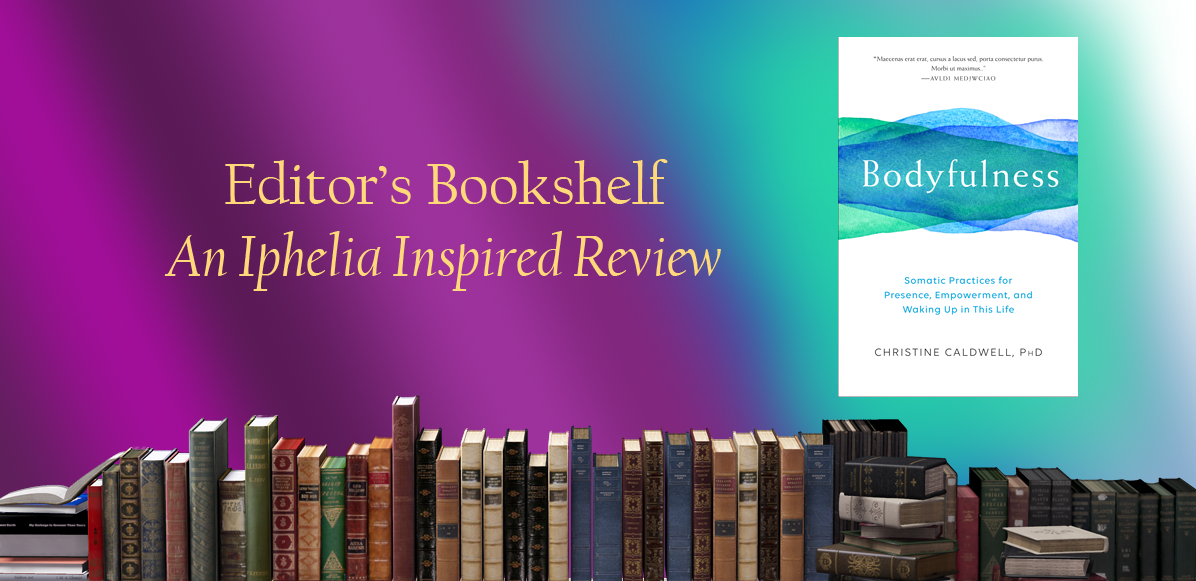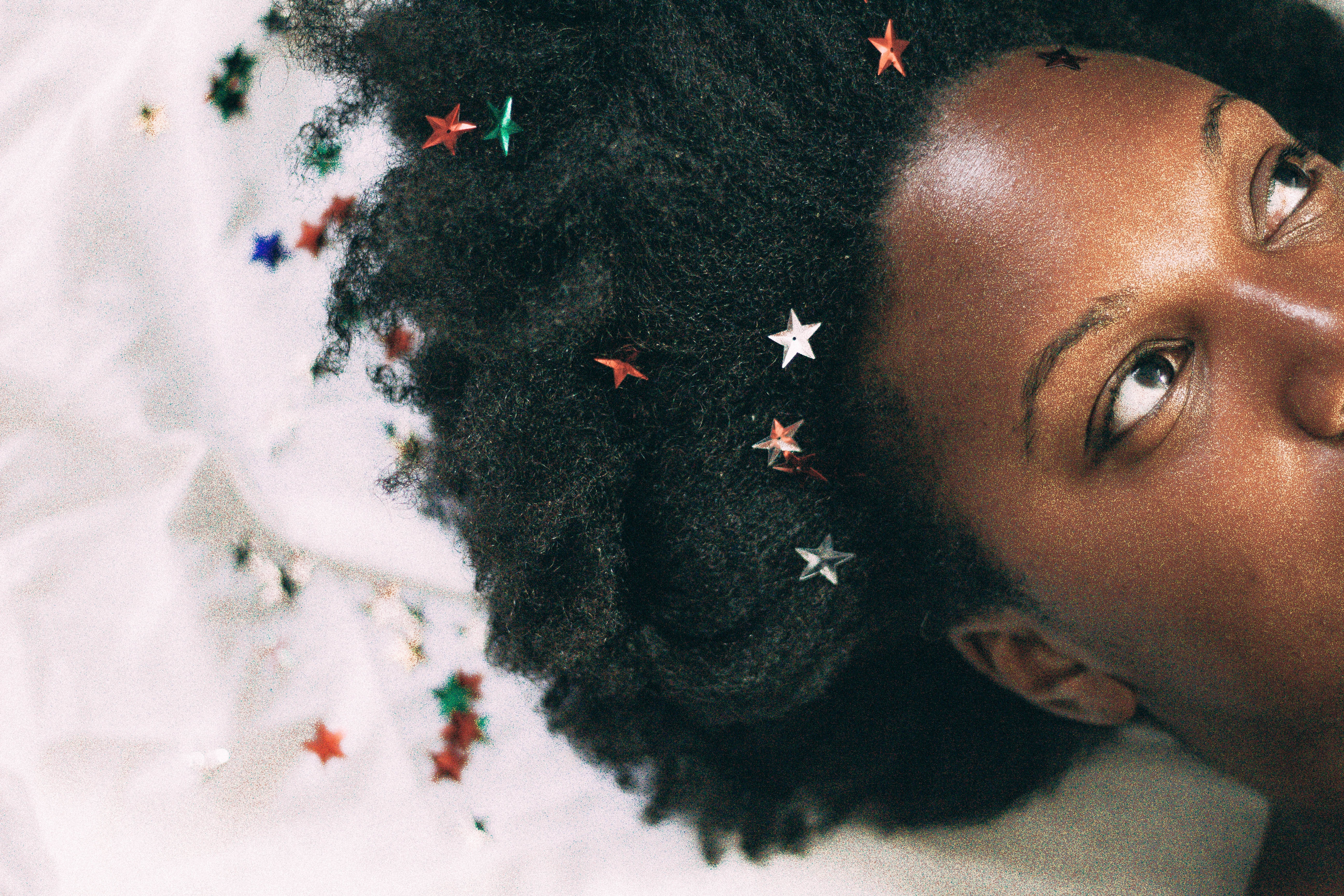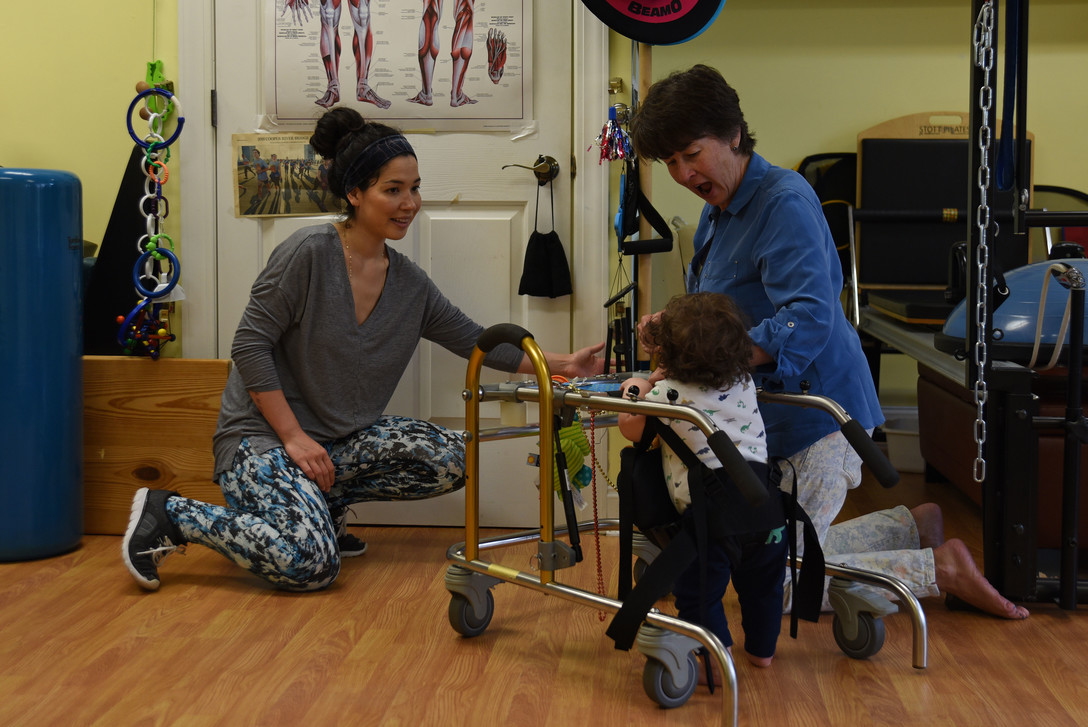
If you have a body, this book is for you.
Okay—maybe truisms don’t charm you. Of course you have a body. Right now your eyes scan these words and more likely than not, your finger is hovering over a mouse, trackpad, or smartphone screen.
But often when we think of reading, learning new things, digesting information, and deciding, for example, whether or not to buy and read a book, we imagine that we’re operating from a place that’s all in our heads.
How? She takes the reader on a journey that is poetic and eloquent without being mystical, “woo-woo,” or “out there” in the least. She begins with a review of the science of our bodies—all the way down at the cellular level—and expands upon that to share a compelling argument for the idea that “mindfulness” is too poorly defined and used a term to sum up the awareness and healing so many of us are striving for in our lives.


Caldwell’s astute and well-researched writing is inviting without being patronizing. Her voice is appealing and soothing while remaining educational. As a humanities kid who never earned the opportunity to take a class like anatomy and physiology, I was grateful for her presentation of the basics, but could still image someone far more learned in science—my sister, for example, who’s studying to become a PA, or my godbrother, who is a pre-med student—benefitting tremendously from her work as well.
Bodyfulness offers the reader both a rich taxonomy and actionable advice (in the form of Chapter Practices) inspired by Caldwell’s experience as a somatic therapist—a practitioner who guides her clients/patients in mind-body exercises and physical techniques to address dis-ease.

While reading this book, I experienced a great deal of synchronicity as opportunity after opportunity to explore my relationship with my body presented themselves. I was invited to attend a Feldenkrais workshop. I went to a full moon meditation and gong bath with a group of girlfriends (where I managed to stay present and honor my personal boundaries even when I was faced with one of my greatest dislikes: “mandatory” chanting). I attended my first yoga retreat. I even had the chance—as unusual as it sounds to put it this way—to work through a moment of intense panic in a somatically creative way that I know was inspired by Caldwell’s writing. Thank you, lungs, for the hard work you did, and mind, for not insisting that my breath slow down before my body was ready!
While this is one of the few books I’ve ever read that I’d recommend to anyone, it will be of special interest to those who live with body image issues, chronic illness or pain, or sensory processing sensitivities, as well as those who are interested in bodywork, yoga, meditation, and activism (Caldwell devotes a great deal of thought to the ways in which bodies are marginalized, oppressed, and made wrong, and how embodied activism can challenge extant power structures). Like Iphelia, Bodyfulness also reminds us to honor the importance of early childhood experiences, creativity, and play.

My only critique of Bodyfulness is its unwritten assumption that all readers will be able to find the “private, quiet, and undisturbed” space to engage in the Chapter Practices. Such space is a luxury, as is private, quiet, and undisturbed time.
Based on my reading, even if one cannot DIY all the chapter practices, there is still a great deal to glean from this book. Even reading the practices plants seeds of awareness that will, as my favorite Funkadelic lyrics state, “grow after their kind.”
Editor’s Bookshelf is a regular review of soon-to-be-released books that, in the spirit of Iphelia, asks important questions about how the written word—and in some cases, imagery—are used to help readers reconnect with their feelings, themselves, each other, and the world around them. Iphelia’s editor, Linsey Stevens, answers these questions—chiming in on who will be most captivated by each book’s contents and how it invites readers to return to a heart-centered way of being.

